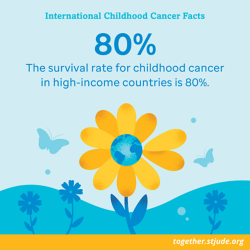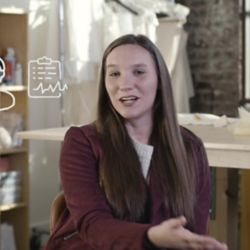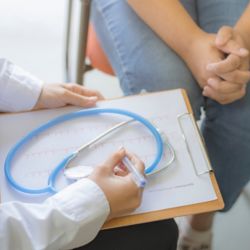May is Brain Tumor Awareness Month
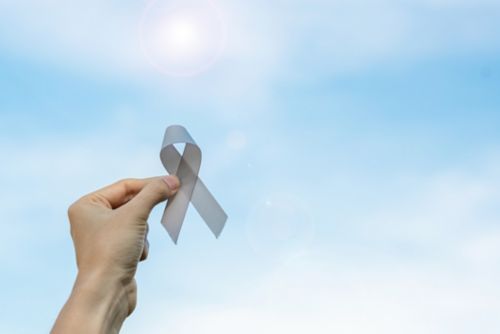
Wear a gray ribbon for Brain Tumor Awareness Month.
May is Brain Tumor Awareness Month in the United States.
The Together by St. Jude ™ online resource has reliable information about brain tumor diagnosis, treatment, side effects, and supportive care.
Help raise awareness by learning more about childhood brain tumors and the ways they can impact children and their families. Share the Together by St. Jude resource with others.
Brain tumors are the second-most common type of childhood cancer, after leukemia.
It is important for parents to remember that all types of childhood cancer, including brain tumors, are rare.
Types of brain and spinal cord tumors
Medulloblastoma is the most-diagnosed malignant pediatric brain tumor. These tumors account for about 500 new cases of pediatric brain cancer every year.
Posterior fossa syndrome happens in up to 25% of children who have surgery for medulloblastomas.
Astrocytoma is the most common pediatric brain tumor. This category of brain tumors includes glioblastoma and diffuse astrocytoma. You can read more about how these tumors impact children here.
Medulloblastoma and astrocytoma are not the only types of tumors that can impact the brain and spinal cord. You can learn more about different types of tumors on the Together by St. Jude ™ Brain and Spinal Cord Tumors web page.
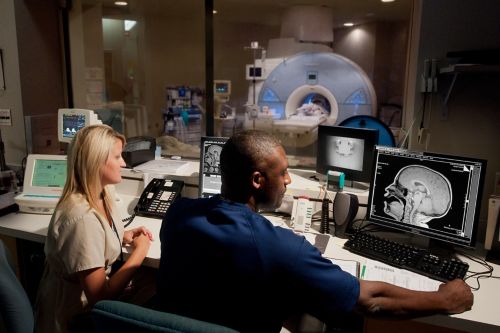
Magnetic resonance imaging (MRI) is usually part of brain tumor diagnosis.
Side and late effects of brain cancer treatment
Treatment options for many types of childhood brain tumors have improved over the years. But many children and teens experience side and long-term effects from treatment. Some of the most common cancer treatment long-term effects include:
- Fertility issues
- Problems with learning and memory
- Hearing loss
- Heart problems
- Lung cancer
- Second cancers
Some patients with childhood brain tumors benefit from classroom accommodations at school to help them learn and thrive.
If your child has been diagnosed with a brain tumor and you have questions, reach out to your child’s care team.


